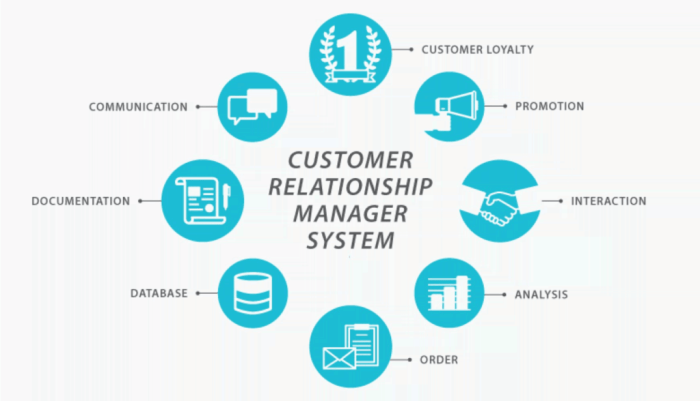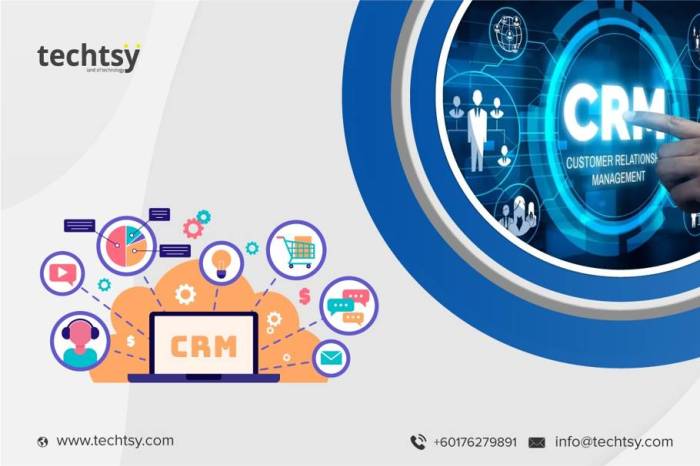In today’s competitive landscape, exceptional customer service is no longer a luxury; it’s a necessity. To manage the complexities of modern customer interactions, businesses increasingly rely on Customer Service CRM (Customer Relationship Management) software. This comprehensive guide delves into the intricacies of customer service CRM software, exploring its features, benefits, selection criteria, and implementation strategies. We’ll also address frequently asked questions to provide a complete understanding of this powerful tool.
Understanding Customer Service CRM Software
Customer service CRM software is a centralized system designed to manage and improve all aspects of customer interactions. It streamlines communication, tracks customer data, automates tasks, and provides valuable insights into customer behavior. This allows businesses to offer personalized, efficient, and effective support, ultimately boosting customer satisfaction and loyalty.
Key Features of Customer Service CRM Software
- Ticketing System: Organizes and manages customer inquiries efficiently, assigning tickets to the appropriate agents and tracking their resolution status. This includes features like ticket prioritization, automated routing, and canned responses.
- Knowledge Base: A repository of self-service resources, including FAQs, articles, and videos, empowering customers to find solutions independently. This reduces the burden on support agents and improves response times.
- Customer Interaction Management: Consolidates all customer interactions—email, phone calls, chat, social media—into a single view, providing a 360-degree perspective of each customer’s journey.
- Reporting and Analytics: Tracks key metrics such as customer satisfaction (CSAT), Net Promoter Score (NPS), average resolution time, and first contact resolution (FCR), offering data-driven insights to optimize customer service strategies.
- Automation and Workflow: Automates repetitive tasks, such as email responses and ticket assignments, freeing up agents to focus on complex issues and personalized interactions. This includes features like automated email responses and chatbots.
- Integration with other systems: Seamlessly integrates with other business applications, such as e-commerce platforms, marketing automation tools, and accounting software, creating a unified view of customer data.
- Multi-channel Support: Enables businesses to provide support across multiple channels, including email, phone, live chat, social media, and messaging apps, catering to customer preferences.
- Agent Performance Management: Tracks agent performance, identifies areas for improvement, and provides training resources to enhance customer service skills. This often includes features like call recording and quality monitoring.
Benefits of Implementing Customer Service CRM Software
Investing in customer service CRM software offers numerous benefits, including:
- Improved Customer Satisfaction: Personalized interactions and faster response times lead to happier customers.
- Increased Efficiency: Automation and streamlined workflows reduce operational costs and improve agent productivity.
- Enhanced Agent Performance: Access to comprehensive customer data and support tools empowers agents to provide better service.
- Better Data-Driven Decisions: Detailed analytics provide insights into customer behavior, enabling businesses to make informed decisions.
- Stronger Customer Relationships: Personalized interactions and proactive support foster loyalty and repeat business.
- Reduced Customer Churn: Addressing customer issues quickly and efficiently minimizes the risk of customers switching to competitors.
- Scalability: CRM systems can easily adapt to growing business needs, accommodating increasing customer volumes and expanding support channels.
Choosing the Right Customer Service CRM Software
Selecting the appropriate CRM software depends on several factors, including:
- Business Size and Needs: Small businesses may require simpler, less expensive solutions, while larger enterprises may need more robust and scalable systems.
- Budget: CRM software comes with varying price points, from affordable cloud-based options to enterprise-level solutions with higher costs.
- Integration Capabilities: Ensure the CRM integrates seamlessly with existing business systems to avoid data silos.
- Features and Functionality: Choose a system that offers the features necessary to meet specific customer service needs.
- User-Friendliness: Select a system that is intuitive and easy for both agents and customers to use.
- Scalability and Flexibility: Choose a system that can grow with your business and adapt to changing needs.
- Vendor Support: Ensure the vendor provides adequate training, support, and documentation.
Implementing Customer Service CRM Software
Successful CRM implementation involves careful planning and execution. Key steps include:
- Needs Assessment: Define specific business needs and objectives for the CRM system.
- Vendor Selection: Carefully evaluate different vendors and choose the best fit for your business.
- Data Migration: Transfer existing customer data to the new CRM system accurately and efficiently.
- Training and Onboarding: Provide comprehensive training to support agents and other staff members.
- Testing and Optimization: Thoroughly test the system and make necessary adjustments to optimize performance.
- Ongoing Monitoring and Improvement: Continuously monitor the system’s performance and make adjustments as needed.
Frequently Asked Questions (FAQ)
- Q: What is the cost of customer service CRM software? A: Costs vary widely depending on the vendor, features, and number of users. Some offer affordable cloud-based plans, while others have higher enterprise-level pricing.
- Q: How long does it take to implement customer service CRM software? A: Implementation time depends on the complexity of the system and the size of the business. It can range from a few weeks to several months.
- Q: What are the key performance indicators (KPIs) for customer service CRM? A: Key KPIs include customer satisfaction (CSAT), Net Promoter Score (NPS), average resolution time, first contact resolution (FCR), and agent handling time.
- Q: Can customer service CRM software integrate with other systems? A: Yes, most modern CRM systems offer integration capabilities with other business applications, such as e-commerce platforms, marketing automation tools, and accounting software.
- Q: What are the benefits of using a cloud-based customer service CRM? A: Cloud-based CRMs offer scalability, accessibility, cost-effectiveness, and automatic updates.
- Q: How can I choose the best customer service CRM for my business? A: Consider your business size, budget, required features, integration needs, and vendor support when selecting a CRM.
Conclusion
Customer service CRM software is a crucial tool for businesses seeking to enhance customer satisfaction, improve operational efficiency, and gain a competitive edge. By carefully selecting and implementing the right system, businesses can transform their customer service operations and build stronger, more profitable relationships with their customers.
References
Call to Action
Ready to elevate your customer service? Explore our selection of leading customer service CRM solutions and find the perfect fit for your business needs. Contact us today for a free consultation!

Source: cyberhoot.com
Questions and Answers
What are the key features of customer service CRM software?

Source: techtsy.com
Key features typically include ticketing systems, contact management, knowledge bases, reporting and analytics dashboards, integration with other business tools, and automation capabilities.
How much does customer service CRM software cost?
Pricing varies greatly depending on the vendor, features included, and the number of users. Options range from free, limited versions to enterprise-level solutions with substantial monthly or annual fees.
How long does it take to implement customer service CRM software?
Implementation time depends on the complexity of the system, the size of the business, and the level of customization required. It can range from a few weeks to several months.
What are the common challenges of using CRM software?
Common challenges include data migration issues, user adoption hurdles, integration complexities with existing systems, and the need for ongoing training and support.
Can small businesses benefit from using CRM software?
Absolutely! Even small businesses can benefit from streamlined communication and improved customer relationship management. Many vendors offer affordable options tailored to smaller organizations.
